

Training Herblore in RuneScape can be very expensive. There are a number of ways of reducing the cost of training Herblore. Both Dungeoneering and Hunting can be used to help reduce this cost, although often this will take more time than if you had a cash pile to train with. Of these two skills, Dungeoneering is the most use.
There are a number of ways Dungeoneering can be used to reduce the costs of training Herblore.
Some of the rewards that can be got from Dungeoneering by purchasing them with reward tokens have a use in Herblore.
Scroll of Life
 This reward costs 10,000 tokens to buy, and once bought it is a learned ability, rather than an item. It requires level 25 Farming and level 25 Dungeoneering.
This reward costs 10,000 tokens to buy, and once bought it is a learned ability, rather than an item. It requires level 25 Farming and level 25 Dungeoneering.Scroll of Cleansing
 This costs 20,000 tokens to buy and, like the Scroll of Life, is a learned ability. It requires level 49 Herblore and level 49 Dungeoneering to use.
This costs 20,000 tokens to buy and, like the Scroll of Life, is a learned ability. It requires level 49 Herblore and level 49 Dungeoneering to use. This reward costs 34,000 tokens to buy, and requires level 21 Herblore to use. When in your inventory and clicked, a popup will appear with names of the herbs and checkboxes next to them.
This reward costs 34,000 tokens to buy, and requires level 21 Herblore to use. When in your inventory and clicked, a popup will appear with names of the herbs and checkboxes next to them.
Herbs found and cleaned and potions made in Daemonheim itself whilst doing a dungeon don't cost anything at all to make, except for the time taken to complete the dungeon. Not a very time effective way of training, but very cost effective, and the tokens gained for doing the dungeon can be used to purchase the previous rewards.
As you increase your level in Dungeoneering, you will gain access to Resource Dungeons. Some of these have resources useful for training Herblore.
 There are two Resource Dungeons inside the Edgeville Dungeon. The main dungeon can be entered from Edgeville or, with a Brass key (found inside the dungeon in the room with the Zombies), using a hut south-west of the Grand Exchange.
There are two Resource Dungeons inside the Edgeville Dungeon. The main dungeon can be entered from Edgeville or, with a Brass key (found inside the dungeon in the room with the Zombies), using a hut south-west of the Grand Exchange.
Edgeville (level 10)
 This is the first resource dungeon you can enter, requiring only level 10 Dungeoneering. In it, are four herb spawns; Grimy marrentil, Grimy irit, Grimy harralander and Grimy ranarr. There are also 12 Chaos Druids.
This is the first resource dungeon you can enter, requiring only level 10 Dungeoneering. In it, are four herb spawns; Grimy marrentil, Grimy irit, Grimy harralander and Grimy ranarr. There are also 12 Chaos Druids.
Edgeville (level 20)
 Also in the Edgeville Dungeon, the entrance to this is in the room with the level 28 Hill Giants. The dungeon itself contains four Limpwurt root spawns, and 11 Hill Giants.
Also in the Edgeville Dungeon, the entrance to this is in the room with the level 28 Hill Giants. The dungeon itself contains four Limpwurt root spawns, and 11 Hill Giants.
Taverley Dungeon (level 60)
 The entrance to this dungeon is in the Taverley Dungeon in the room with the blue dragons. In the dungeon are a further eight blue dragons and twelve Blue dragon scale spawns. Given the number of dragons, some sort of dragonfire protection is required, such as a Dragonfire shield, Anti-dragon shield (with optional Antifire potion for full protection) or Super antifire.
The entrance to this dungeon is in the Taverley Dungeon in the room with the blue dragons. In the dungeon are a further eight blue dragons and twelve Blue dragon scale spawns. Given the number of dragons, some sort of dragonfire protection is required, such as a Dragonfire shield, Anti-dragon shield (with optional Antifire potion for full protection) or Super antifire.
 Reaching the room with the entrance in requires either having a Dusty key or, for much quicker access, level 70 Agility (can be boosted) to use the Agility shortcut just inside the entrance to the Taverley Dungeon.
Reaching the room with the entrance in requires either having a Dusty key or, for much quicker access, level 70 Agility (can be boosted) to use the Agility shortcut just inside the entrance to the Taverley Dungeon.
Catching some Implings, either in RuneScape or in Puro-Puro, will occasionally yield items useful in Herblore. Hunting is also required in the Herblore Habitat activity.
Catching Earth Implings will occasionally result in getting a Unicorn horn, a valuable and useful secondary ingredient. They require level 36 Hunter to catch.
Catching Nature Implings occasionally yields herb seeds or clean or grimy herbs. Although the rewards can be worth it, such as a Dwarf weed seed, or Clean or Grimy torstol, Nature Implings are not that common, and do give other items, so this should not be depended upon.
They require level 58 Hunter to catch.
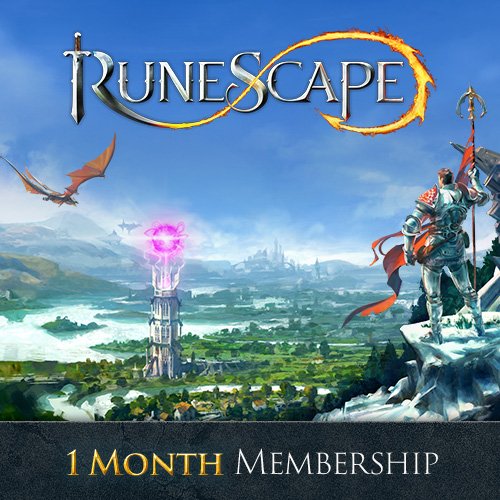 30 Day Membership: RuneScape 3 [Instant Access]
30 Day Membership: RuneScape 3 [Instant Access]
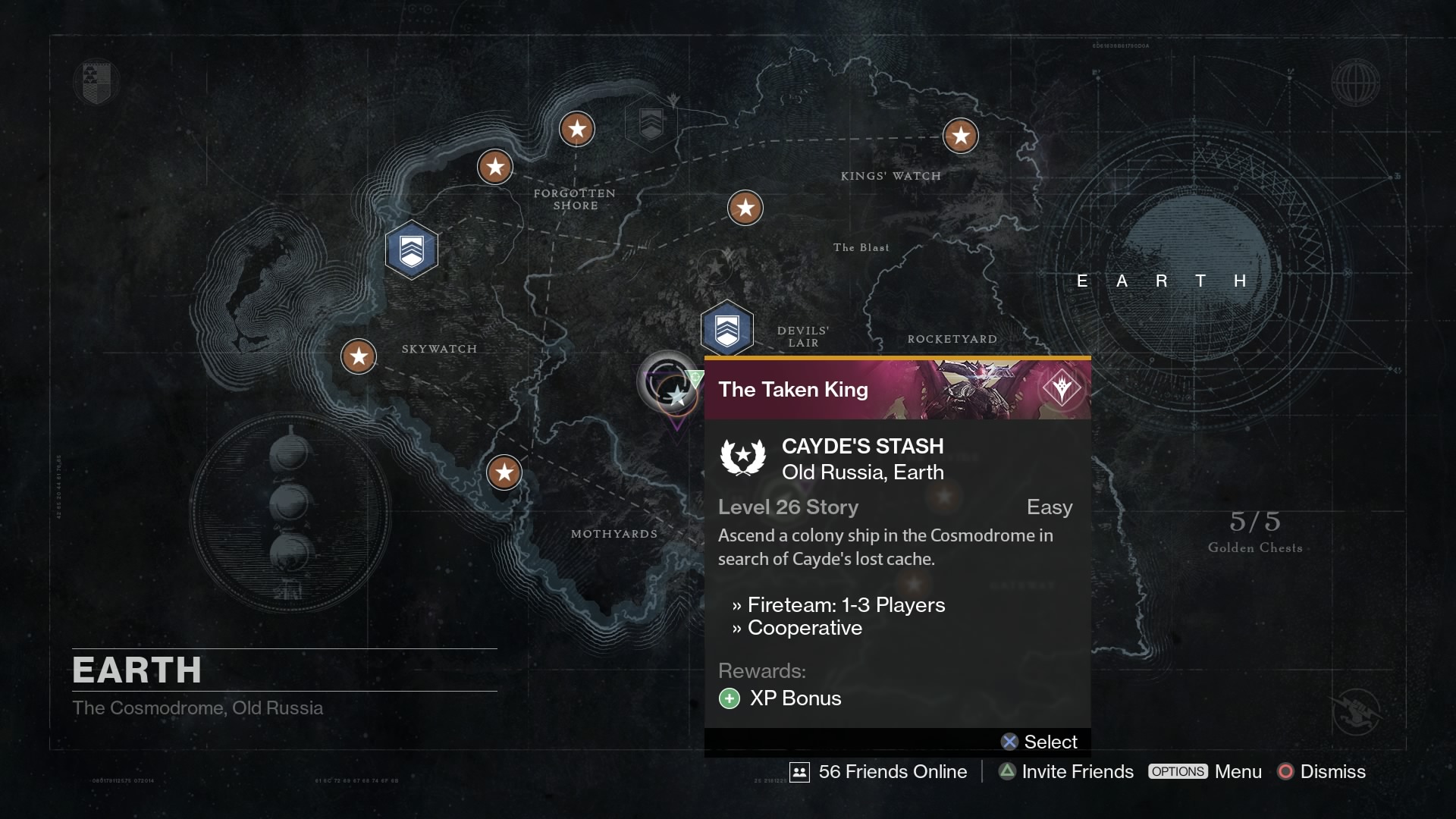
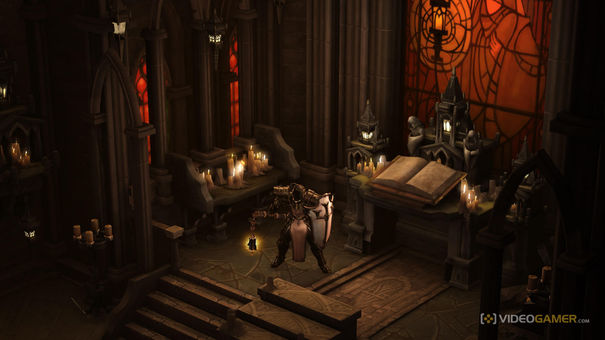

 Atom Zombie Smasher Strategy Guide: how to beat back the Nuevo Aires Zombie Infestation with your mercenaries
Atom Zombie Smasher Strategy Guide: how to beat back the Nuevo Aires Zombie Infestation with your mercenaries How To Fly In Minecraft | Minecraft Single Player Commands Mod
How To Fly In Minecraft | Minecraft Single Player Commands Mod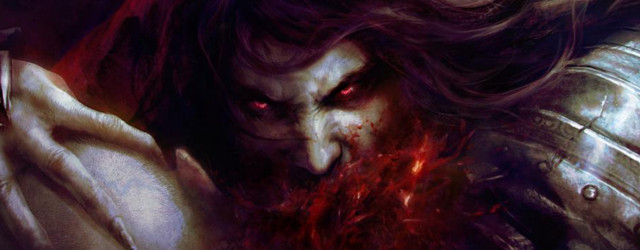 Castlevania: Lords of Shadow 2 Walkthrough Part 2 – How to Beat the Awakening
Castlevania: Lords of Shadow 2 Walkthrough Part 2 – How to Beat the Awakening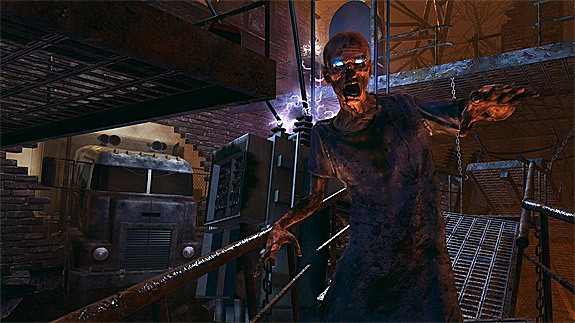 Call of Duty: Black Ops II - Tranzit 101: Guide To Mastering Zombies
Call of Duty: Black Ops II - Tranzit 101: Guide To Mastering Zombies I was going to buy a Saturn: 20 Years of PlayStation
I was going to buy a Saturn: 20 Years of PlayStation